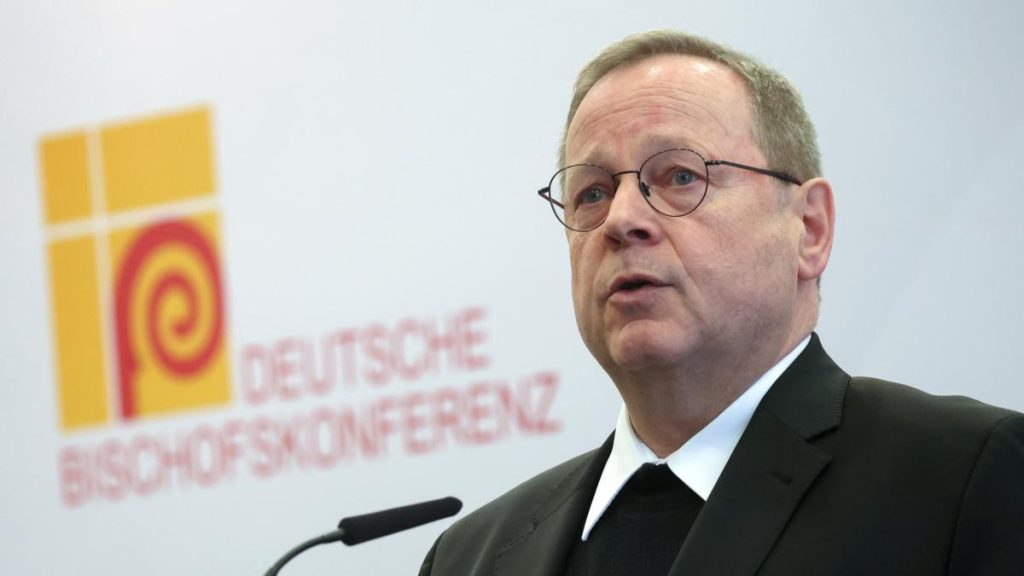The German bishops have taken a controversial reform step in the face of opposition from Rome. The Vatican had initially blocked the plans for the Synodal Council and criticized them, but the German bishops have now adopted the contentious statute. The disagreement seems to have been resolved, but Rome retains the right to make decisions. The Permanent Council of the Bishops’ Conference adopted the statute of the Synodal Committee on Monday, a crucial step in the reform process initiated by the German Bishops’ Conference and the Central Committee of German Catholics (ZdK) in response to the scandal of sexual child abuse within the Catholic Church.
The Synodal Process aims to change the structures within the Church that have facilitated abuse. One of the central projects of this renewal attempt is the planning of a Synodal Council, in which bishops and lay people will jointly deliberate and make decisions. In preparation for the Synodal Council, the Bishops’ Conference and the ZdK established a Synodal Committee. The ratification of the committee’s statute was initially blocked by Pope Francis, causing a delay, but it has now been passed. This development is seen as a sign that the strained relationship between the German bishops and the Vatican has somewhat improved. Bishop Bätzing recently visited the Vatican and both sides agreed to meet regularly and coordinate on reform issues.
The Vatican has reiterated its stance that a body in which lay people have equal decision-making power with bishops is incompatible with church law. The German bishops have assured the Vatican that they will not violate church law. However, four bishops, including Cardinal Rainer Maria Woelki of Cologne, have expressed their refusal to participate in the Synodal Committee, believing that a stronger role for lay representatives in church decisions is necessary to combat the church’s decline. They argue that the Catholic Church in Germany is losing hundreds of thousands of members every year.
According to church sources, Bishops who participate in the Synodal Committee will have to have their decisions approved by Rome. This has led to the perception that the Synodals will be advising as if on probation, unsure if they can count on Roman approval. The discussions between Bishop Bätzing and the Vatican have resulted in a “fragile ceasefire”. The role of lay people in decision-making processes within the Church continues to be a point of contention, with the German bishops advocating for greater involvement while the Vatican remains cautious about deviating from established church law.
The decision to proceed with the establishment of the Synodal Council despite initial opposition from Rome marks a significant step in the reform process initiated by the German Bishops’ Conference. The ongoing dialogue between the German bishops and the Vatican will play a crucial role in determining the future direction of the Church in Germany, as both sides seek to address systemic issues and promote transparency and accountability. The Synodal Council will provide a platform for meaningful collaboration between bishops and lay representatives, with the ultimate goal of strengthening the Church’s response to abuse and fostering greater unity and inclusivity within the Catholic community.


